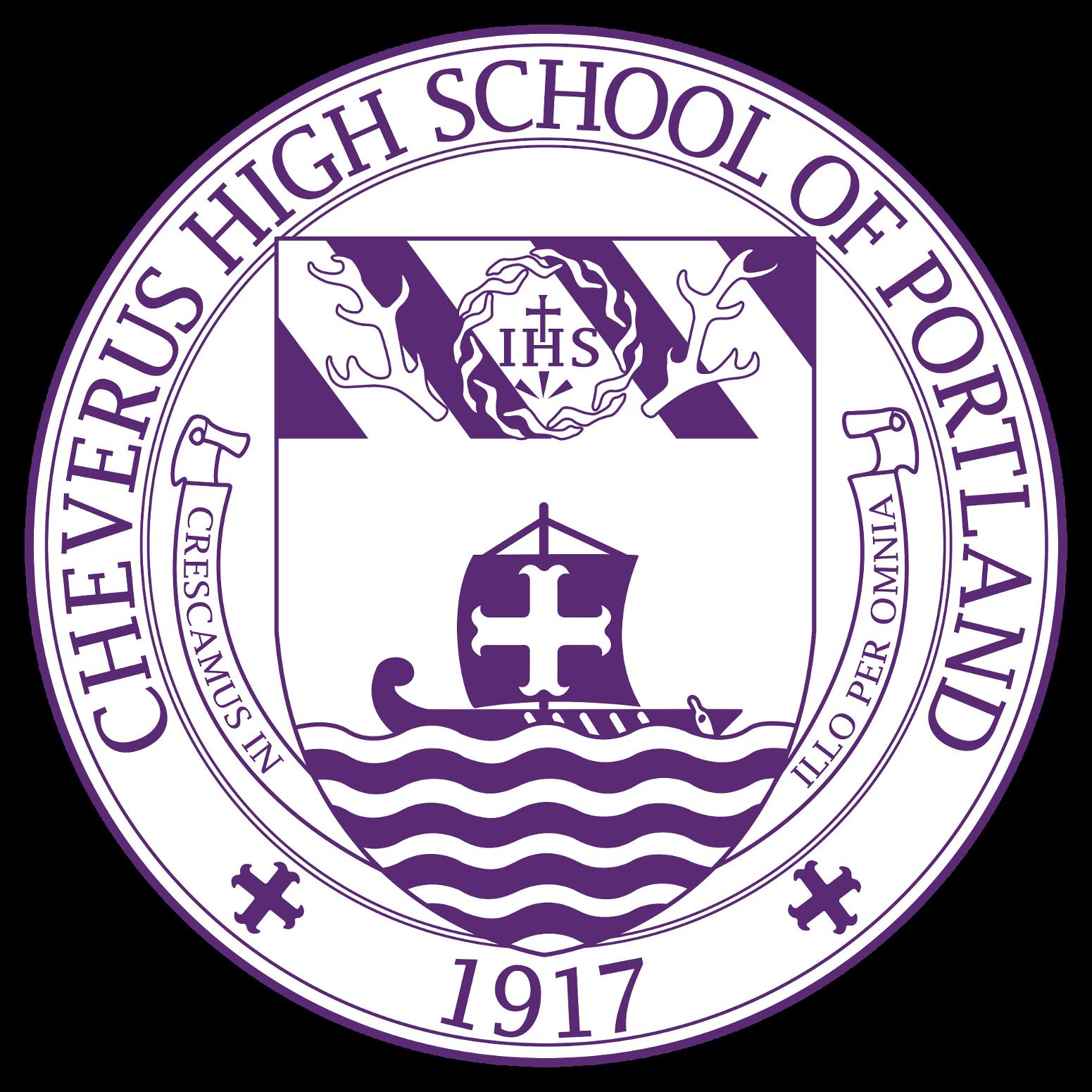
4 minute read
History
Cheverusoffersathree-yearcorecurriculuminhistorythatsurveysthehistoryandgeographyof boththeworldandtheUnitedStatesin anintegratedwayfromtheprehistoricperiodtothemodernworld,inc ludingbas icconceptsinU.S.c ivics ,po liticalsc ience ,andeconom ics . Electivesareavailableforseniorsandqualifiedsophomoresandjuniors .Thecorecurriculumof HistoryI,II,andIII aretakenduringa student'sfreshman,sophomore ,andjunioryears .
History I: Originsof World Civilizations
Advertisement
1credit
Thiscoursesurveystheoriginsof themajor world civilizationstoday, focusingon thedevelopment of western civilization through themedieval period from itsrootsin theancient Near East and the Greco-Roman tradition of theMediterranean, as well astheearly history of theIslamic, S lavic, Indian, and Chineseculturesand civilizations. Pre-Columbian and sub-Saharan African civilizationsand culturesarealso examined in this course. History II: Foundationsof theModern World and theUnited States
1credit
History II coversworld and U.S. history from c. 1400 AD to thefirst decadesof the19th century. Thecoursebeginswith asurvey of world civilizationson theeveof theRenaissancein western Europe, then examinestheearly modern period in Europe, includingtheRenaissance, Reformation, voyagesof discovery, colonization, ScientificRevolution, theEnlightenment, and the emergenceof constitutional government in contrast to absolutism. Early American history, includingthe settlement of North America, theBritish colonial period, theAmerican Revolution, theestablishment of theUnited Statesand itsfoundingdocuments, and thefederal period, areall considered in their historical context. History II Honors: Foundationsof theModern World and theUnited States
1credit
Thiscoursecoversthesamecontent asHistory II but at amorechallenginglevel involvinggreater exploration of primary sourcedocumentsand more conceptual analysisof historical events. Students should expect moreintensivewritingat thehonors level. It also servesasaspringboard for APHistory III and preparation for studentsinterested in taking theAPU.S. History or APWorld History: Modern examsjunior year.
History III: TheUnited Statesand theWorld from the19th Century to thePresent
1credit
Thiscoursesurveyshistory sincethemid-19th century, with acloselook at theinternal history and development of theUnited Statesaswell asat its foreign relations. Thesewill beconsidered also in their global context. Trendsand phenomena characteristicof theperiod such asindustrialization, nationalism, theexpansion of democracy, global trade, imperialism, theriseand fall of Communism and Fascism, theworld wars, decolonization, and, morerecently, theresurgenceof non-Western cultureswill beconsidered both from aU.S. and global perspective. History III Honors: TheUnited Statesand the World from the19th Century to thePresent
1credit
Thishonors-level coursecoversthesamematerial as History III but at amorechallenginglevel. Solid reading, interpretive, and writingskills, alongwith a willingnessto devoteconsiderabletimeto homework and study, arenecessary to succeed. Studentsmust demonstratesuccessin thewriting and analyticskillsnecessary for continued honors-level work. AP History III: AP USHistory & AP World History: Modern
1credit
ThisclasscoverstheHistory III material at amore challenginglevel involvinggreater exploration of primary sourcedocuments, morereading, and more conceptual analysisof historical events. In keeping with theCollegeBoard?sAPprogram, thiscourseis designed to betheequivalent of an introductory collegecourse. Studentsareexpected to learn to assessprimary and secondary sources, to weigh thoughtfully theevidenceand interpretations presented in historical scholarship, to arriveat conclusionsbased on informed judgment, and to present ahistorical argument clearly and persuasively in essay form.
AP ComparativeGovernment & Politics
1credit
Thecourseaimsto illustratetherich diversity of world political lifeother than in theUnited States, to showinstitutional alternatives, to explain differencesin processesand policy outcomes, and to communicatetheimportanceof global political and economicchanges. Wewill comparetheeffectiveness of policy approachesto poverty or overpopulation. By comparingthepolitical institutionsand practices of wealthy and poor countries, studentscan begin to understand thepolitical consequencesof economic well-being. Why aresomecountriesstable democraciesand not others?Why do many democracieshaveprimeministersinstead of presidents?By payingspecial attention to thesesix countries--China, Great Britain, Iran, Mexico, Nigeria, and Russia--wewill movethediscussion from abstract definition to concreteexample.
AP Government
1credit
Studentsgain an analytical perspectiveon government and politicsin theUnited States. It includesthestudy of general conceptsused to interpret government and politics, and theanalysis of specificexamples. Thecourseexposesstudentsto thevariousinstitutions, groups, beliefs, and ideas that constituteU.S. government and politics. Studentswill learn important facts, concepts, and theoriespertainingto U.S. government and politics; understand typical patternsof political behavior; be ableto analyzeand interpret basicdatarelevant to U.S. government and politics; and beableto analyze relevant theoriesand concepts, apply theideas, and develop connectionsacrossthecurriculum.
Economic Forcesin USHistory
1credit
Thiscoursewill providestudentswith an introduction to basiceconomictheory in the context of American history. Studentswill re-examinekey momentsfrom American history, focusingon theeconomicconsiderationsof the events. Individual unitsof study will incorporate interactivesimulationsand exercisesthat will deepen students?understandingof both history and current events, aswell aseconomic theory and practical financial literacy.
Entrepreneurship
Semester,½credit
Thiscourseleadsstudentsthrough theentireprocessof startingabusiness--from conception to execution and, finally, operation. It will not useatextbook; rather, the studentswill start and operatean original businessand maintain ownership of said businessindefinitely. Along theway, studentswill enhancetheir financial literacy, understandingof several legal entities, incometax and government transfer programs, conceptsof organizational management, economicindicators, and decision-making.
AP Economics
1credit
APEconomicsisarigorous, college-level coursein introductory economics. Emphasisisplaced on howthe market economy of theUnited Statesdirectsthe production and allocation of goodsand services, although other economicsystemsarebriefly considered. Both introductory macro and microeconomicsare covered.
World War II: Causes, Course, and Consequences
Semester,½credit
World War II wasthelargest armed conflict in the history of thehuman race. S ixty million peopledied, citiesweredestroyed around theworld, western colonialism cameto an end, technology advanced by giant strides, radically newformsof economicand social organization cameto dominatemuch of the world, and newinternational alliances, organizations, and institutionsbecamecornerstonesof thepost-war world. Thecourseincludesoriginsof WWII in the Treaty of Versailles, surveyingthegeopolitical landscape of theinter-war yearsand theeventsof thewar itself. Thecoursealso coverstheaftermath, focusingon the scientificand technological developmentsthat arean important legacy of thewar, aswell asthediplomatic arrangementsthat gavean uneasy stability to theCold War period.
TheSixties
Semester½credit
Thiscourseexploresthepolitical, social, and cultural history of an erathat fundamentally reshaped American life. Studentswill examinetheKennedy and Johnson presidencies, theCivil RightsMovement, theVietnam War, student protest and thecounterculture, and women?sliberation.










